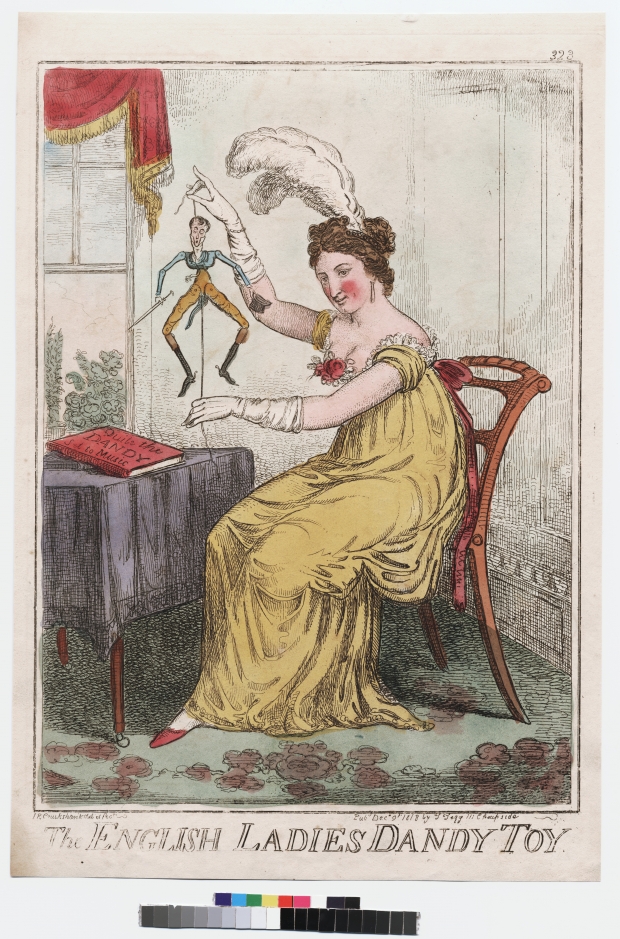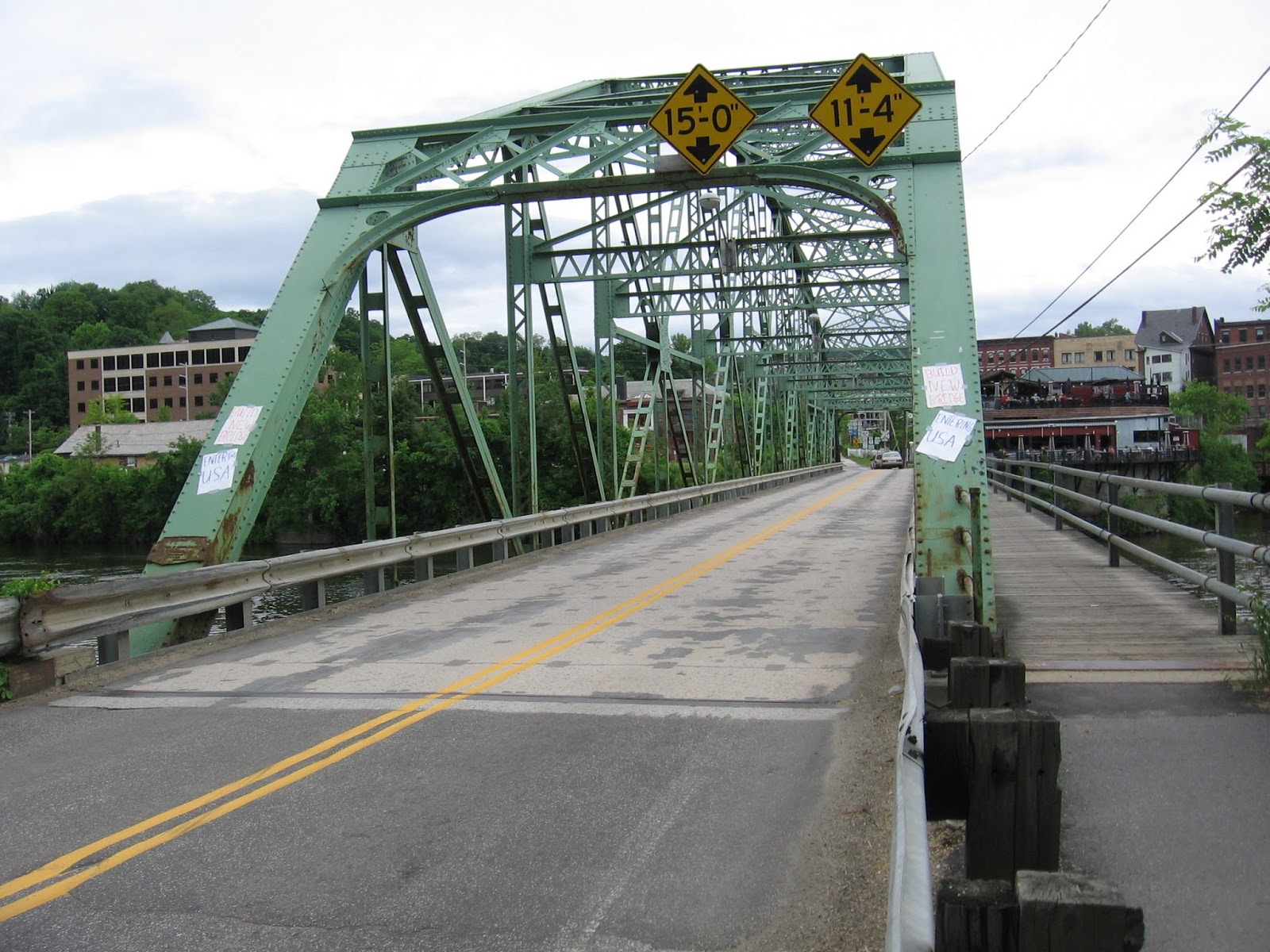
Travel
 Scout Report: Romantic Circles, Ice and Sky Science, Easter Uprising, Locating Forests and Learning Piano Online
Scout Report: Romantic Circles, Ice and Sky Science, Easter Uprising, Locating Forests and Learning Piano Online
The US Forest Service has created this helpful tool for locating state and national forests, parks, and wildlife refuges across the country. On the homepage, visitors simply enter ZIP codes to find local sites of interest. For anyone interested in learning (or relearning) how to play the piano, this website provides a series of free video lessons. Ice and Sky earned a 2016 Webby nomination as an outstanding educational website. Horsethief is a digital magazine from Horsethief Books, a publisher of poetry books "from a diverse group of both emerging and established voices." Exotic and dramatic, Maria Merian's artwork was a valuable tool of discovery for Europeans at the time. more »
 How Many Kinds of Birds Are There and Why Does It Matter? Gifting at the American Museum of Natural History
How Many Kinds of Birds Are There and Why Does It Matter? Gifting at the American Museum of Natural History
For the new work, Joel Cracraft, George Barrowclough, and their colleagues at Nebraska University, Lincoln and Washington University examined a random sample of 200 bird species through the lens of morphology — the study of the physical characteristics like plumage pattern and color, which can be used to highlight birds with separate evolutionary histories. This method turned up, on average, nearly two different species for each of the 200 birds studied. This suggests that bird biodiversity is severely underestimated, and is likely closer to 18,000 species worldwide. more »
 The US Government Owns Almost Half of the Land in the American West; Supporting Through Revenue-Sharing Programs
The US Government Owns Almost Half of the Land in the American West; Supporting Through Revenue-Sharing Programs
That level of control has been debated ever since the government began acquiring the areas in the 19th century, with some Westerners resenting the vastness of the federal authority, which amounts to 47 percent of land in 11 states. Some states, like Nevada, where the government owns 84.5 percent of the land, see more control than others. But few know about the existence and history of revenue-sharing programs, with some dating to 1906, through which the federal government has been compensating states and counties for lost tax revenue on the lands it controls. more »
 Trump's Infrastructure Plan Dwarfed by Estimates of Need: Civil Engineers Group Ranked the Country at a D-Plus on Infrastructure
Trump's Infrastructure Plan Dwarfed by Estimates of Need: Civil Engineers Group Ranked the Country at a D-Plus on Infrastructure
If President-elect Donald Trump is successful with his proposed $1 trillion, 10-year program to fix America's disintegrating and inadequate infrastructure, the states have a list of critical projects handy for him. The American Society of Civil Engineers estimates that fixing all the roads, bridges, public transit, railroads, energy systems, schools, public parks, ports, airports, waste systems, levees, dams, drinking water facilities and hazardous waste installations in the 50 states and the District of Columbia would take $3.6 trillion by 2020. more »






